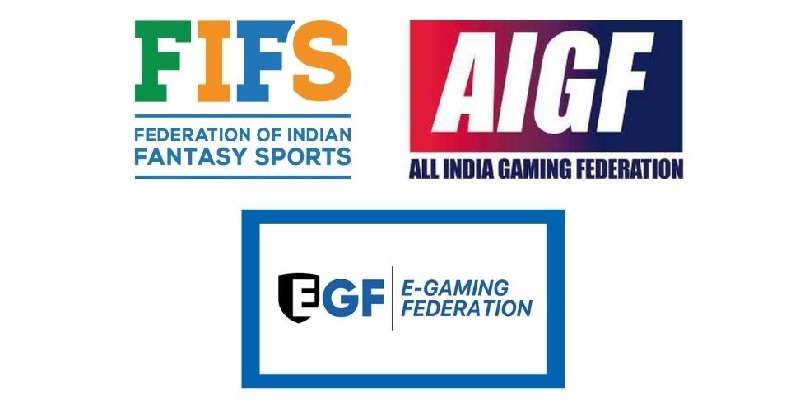
All India Gaming Federation (AIGF), along with the E-Gaming Federation and Federation of Indian Fantasy Sports (FIFS), have expressed concern at the recent media reports, which suggest that the GST rate on online skill games may be increased from existing 18 to 28 per cent. In a joint statement issued, the three industry bodies said that what is more worrying is some media reports suggesting that the tax may be levied on total pool (prize money pooled plus the platform commission) and not on Gross Gaming Revenue (GGR). The latter, if implemented, they said, will mean the demise of the online skill gaming industry in India.
The All India Gaming Federation CEO Roland Lander said, “At one level the sector is very upbeat at the prospect of contributing towards growth of the Indian economy. We are very enthused and grateful for the encouragement shown by the government, through formation of AVGC task force, constitution of inter-ministerial task force and the recent initiatives by MeITY to engage with the industry. But all this will amount to nothing, if it is not supported by a progressive taxation regime. An increased tax rate, and then levying the tax on the entire contest entry amount (instead of GGR), will be catastrophic for the industry, even nipping its potential in the bud.”
“Such a step is not only in dissonance with international best practices but is also violative of the principles of GST. Essentially, the online skill gaming operators are platforms, which bring players from various geographies together. The money pooled is eventually distributed to the winning player. The platform charges a predetermined fee, known as GGR, and pays tax on that. If you were to charge an increased tax rate on the entire quantum (pooled money plus commission), it is not only principally incorrect but will also annihilate this sunrise sector,” said EGF CEO Sameer Barde.
Highlighting that the sector has immense economic benefits, the industry associations appealed to the GST Council to understand the salience of Games of Skill and take a decision considering international taxation best practices.
“Global studies have shown that incidence of taxation, on prize money instead of gaming revenue, lead to reduced tax collections for the exchequer and ends up giving a fillip to the black-market operators at the expense of legitimate tax paying players,” said FIFS CEO Anwar Shirpurwala. He further added that any regulations or taxation related to skill gaming should not be treated at par with games of chance, as these are very divergent activities both in terms of law and in practice.
With a combined membership of around 100 and AIGF having over 70 operators, EGF, AIGF and FIFS, represent more than 90 per cent of the online skill gaming market in India. In the last few years, the online skill gaming sector has emerged as a growth engine for the Indian economy with direct benefits to a lot of sectors such as fintech, sports, animation and graphics, semiconductor, edtech and software development. The sector has also witnessed investments from marquee global venture capital and private equity firms. In the last six years, the online skill gaming sector has received foreign investment of over $2 billion. The sector already employs around 50,000 people.
